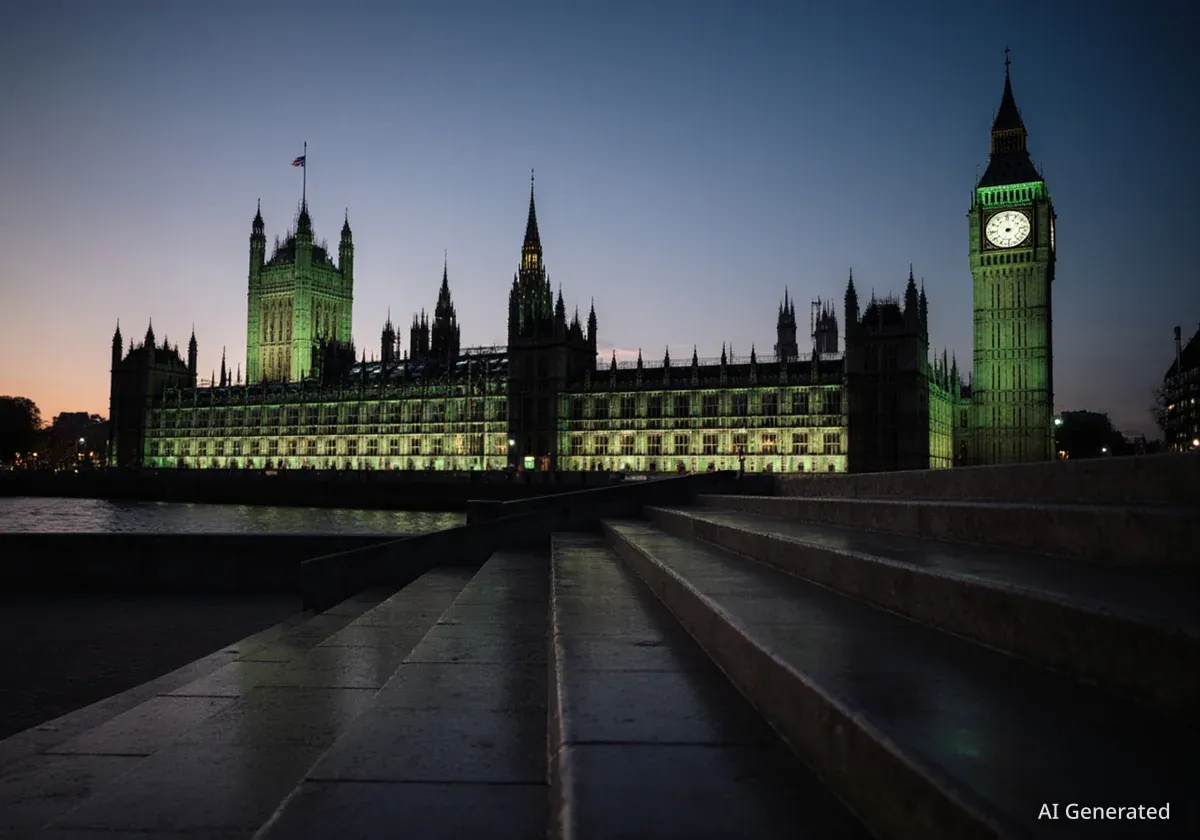A political debate is underway in the Bern city council over a proposal to establish a new central office for combating discrimination. The plan, supported by left-wing parties, is estimated to cost at least half a million Swiss francs annually and has drawn opposition from centre-right and right-wing parties who question its necessity.
Key Takeaways
- Left-wing parties in Bern propose creating a new, centralized anti-discrimination office.
- The estimated annual cost for the new office is a minimum of 500,000 Swiss francs.
- The city currently operates three specialized offices with a combined staff of 11.25 full-time positions dedicated to related issues.
- The SVP and The Centre party oppose the proposal, citing existing resources and different priorities.
Proposal for a Centralized Anti-Discrimination Body
A coalition of left-wing parties, including the Social Democratic Party (SP), the Greens, and the Alternative Left, has formally requested the creation of a new anti-discrimination office in the city of Bern. The proponents aim to position Bern as a leader in promoting equality and addressing forms of discrimination they believe are currently underserved.
The proposal seeks to expand the city's focus beyond its existing mandates. It identifies several groups requiring more targeted support, including individuals facing discrimination based on poverty, religion, or a nomadic lifestyle. A key objective is to provide a single point of contact for all forms of discrimination.
The Justification for Expansion
Supporters of the motion argue that a new, centralized office is necessary to ensure no one is overlooked. Barbara Keller of the SP emphasized the importance of resource allocation for achieving genuine equality.
"Wer Chancengleichheit will, muss bereit sein, Ressourcen bereitzustellen," Keller stated, which translates to, "Anyone who wants equal opportunity must be prepared to provide resources."
The SP highlights the issue of multiple discrimination, where individuals face bias on several fronts simultaneously. Examples cited include queer refugees, single parents affected by poverty, elderly people with disabilities, and individuals with insecure residency status. According to the party, these complex cases require a more integrated approach than the current system provides.
Current Anti-Discrimination Staffing
The City of Bern already employs 11.25 full-time equivalent staff across three separate specialized offices dedicated to combating discrimination and promoting equality.
Political Opposition and Alternative Priorities
The proposal has met with significant resistance from other political parties in the city council. The Swiss People's Party (SVP) and The Centre party have both voiced their opposition, arguing that the existing framework is sufficient and that city funds should be directed elsewhere.
SVP Focuses on Public Safety
The SVP has firmly rejected the call for additional funding. Aliki Panayides, representing the SVP, stated that the party sees no need for a new office or increased spending in this area.
"We see no need for action—and certainly no sense in additional funds against discrimination," Panayides explained.
Instead, the SVP argues that the city's primary focus should be on public safety and order. Panayides suggested that resources would be better spent on managing issues such as violent demonstrations, referencing events connected to the Reitschule cultural center.
The Centre Party Questions Effectiveness
The Centre party also opposes the expansion, though its reasoning centers on the effectiveness of adding more personnel. City Councilor Béatrice Wertli of The Centre stated that her party believes the current offices provide a solid foundation for this work.
Wertli argued that simply increasing staff or funding does not guarantee better outcomes. She also pointed to the significant contributions of non-governmental organizations already active in the field.
"We are convinced that the existing positions form a good foundation," Wertli said. She noted that many other groups, including churches, NGOs, and specialized counseling services like "gggfon," are already providing crucial support, and their work should be considered before creating new municipal structures.
Bern's Existing Anti-Discrimination Offices
The city's current anti-discrimination efforts are divided among three main bodies:
- Office for Migration and Racism Issues (FMR): Supports migrants, advises organizations, and works to combat racism.
- Office for the Equality of People with Disabilities: Promotes equal participation for people with disabilities and advises the city administration.
- Office for Gender Equality: Focuses on gender-related topics, advises individuals and companies, and implements city-led equality projects.
Broader Context of Equality Efforts in Bern
The debate over the new office also sheds light on the city's current approach to equality, particularly concerning gender. When asked about discrimination affecting men, the city administration acknowledged that gender stereotypes have negative consequences for all genders, not just women and queer individuals.
Officials noted that traditional expectations for men, such as being the sole family provider or suppressing emotions, can lead to adverse outcomes. These include documented increases in health problems, higher mortality rates, and a greater propensity for violence. Poorer academic performance among boys has also been linked to these rigid social roles.
To address this, the city currently employs various strategies, including public awareness campaigns, action plans, and school-based projects. The long-term goal of these initiatives is to dismantle rigid gender roles and foster greater equality of opportunity for everyone.
The proposal for the new anti-discrimination office will now proceed through the city's political process, where its financial implications and perceived necessity will be further debated by the city council.




